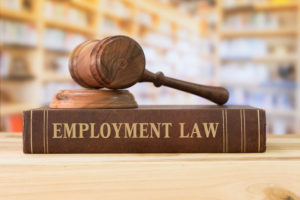When you get into the driver’s seat of your friend’s car, you’re probably not thinking about the risk of getting into a crash. But, unfortunately, with over 400,000 traffic crashes in Florida occurring per year, it’s possible that you could wind up in an accident.

Permissive Use
Some auto insurance policies include a permissive use provision. Permissive use means that the driver gives someone else (who’s not a household member or included by name in the policy) permission to operate their vehicle.
Not all auto insurance policies offer coverage for permissive use. Additionally, some policies that do cover it don’t offer full coverage to permissive users. Higher deductibles may also apply if you file a permissive use auto insurance claim.
Continue reading “I Had an Accident in My Friend’s Car, Will Their Insurance Cover Me?”









